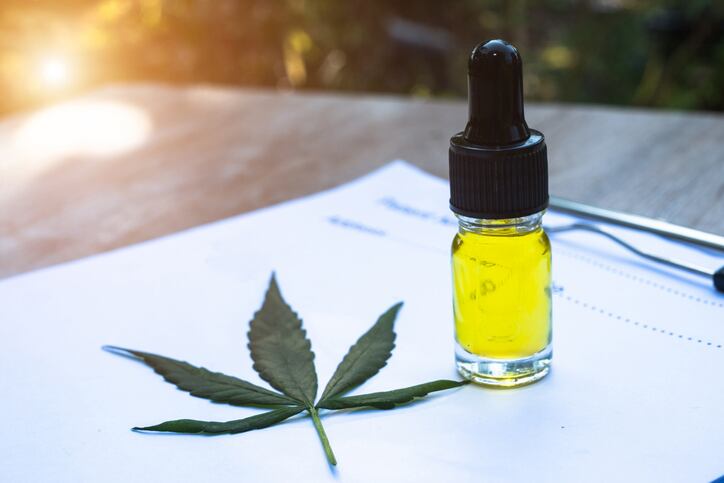The Food and Drug Administration recently announced that there are too many unanswered questions surrounding CBD to regulate it in foods or supplements under the agency’s current structure. Now they are calling upon Congress to kickstart the rulemaking process—something the industry has been waiting on since 2018.
According to FDA Deputy Commissioner Dr. Janet Woodcock, there’s not enough evidence to confirm that CBD is safe for use in foods or as a dietary supplement,
The Agency pointed to concerns about CBD’s safety: “For example, we have not found adequate evidence to determine how much CBD can be consumed, and for how long, before causing harm,” Woodcock said, adding that CBD’s effects on the liver, male reproductive system and on pregnant women and children are still in question.
Sibyl Swift, PhD, Chief Science Officer at cbdMD, is calling BS on FDA’s rationale.
“For FDA to flag CBD and cannabinoid products as potentially dangerous due to their activity is asinine. There are hundreds of unique new dietary ingredient notifications for botanical ingredients that did not confuse FDA when they presented unique activity on the structure of function of the body. FDA has essentially presented cannabinoids as a new ingredient that does not fall into their defined categories. Cannabinoids did not come from an alien planet or get discovered in a cave. They are constituents of a plant that has been safely consumed for tens of thousands of years. There is a well-established process for submitting notifications to the Agency when a dietary supplement impacts the structure or function of the body. We consume dietary supplements BECAUSE they have an effect on the body that we could not achieve with our diet alone,” said Swift, a former FDA official herself.
Swift added that cbdMD alone has spent over $1M on its safety dossier, which included 5 OECD studies.
“Through those studies, which align with the regulatory process established for dietary supplements, we identified levels that our ingredient may be safely consumed. Our level is significantly lower than the dose supported by studies for Epidiolex. Further, our conditions of use are appropriate for dietary supplements and are not for the same conditions of use as a drug. We have successfully demonstrated that the ingredient contained in our products is safe and was more than sufficient when reviewed by other regulatory agencies. We find it hard to believe that Europe has better science or unique tools to be able to analyze this data. FDA should hold itself as a leader in safety, but instead it is happy to lag behind other countries,” Swift said.
Brands react
Joseph Dowling, CEO of CV Sciences, also expressed disappointment in what many see as a setback. He noted that the company has operated in the CBD space for over ten years, constantly monitoring the effects of its products to ensure consumer safety.
“This decision is disappointing, and the CV Sciences team believes strongly that CBD fits into the existing structure for dietary supplement regulation and further inaction will only negatively impact consumers. CBD has been in the market for over ten years with no significant adverse effects on consumers when taken in the recommended serving sizes, as documented by toxicology studies completed and published by trustworthy CBD companies, including CV Sciences. Pushing the responsibility to Congress for devising an unnecessary and burdensome regulatory pathway for CBD will only delay CBD safety standards longer and slow down responsible industry development by trustworthy companies,” Dowling said.
Blake Schroeder, CEO of Medical Marijuana, Inc., said that CBD has been proven to be safe, effective and beneficial to the health and wellness of thousands of consumers, and it is time for US regulations to reflect the growing market.
"We are disappointed by the US Food and Drug Administration's decision not to create rules to allow the marketing of hemp-based CBD products as foods or dietary supplements, leaving the rapidly growing industry without regulations–despite calls from US lawmakers in Congress.”
At the end of the day, most brands we spoke with came to the same conclusion: they welcome the opportunity to work with Congress towards a new legislative solution.
Your move, Congress
The new solution could include clear labels, regulations regarding contaminants, limits on CBD levels and other requirements such as a minimum purchasing age. The Agency said regulations will also be required for animal products containing CBD.
What those new rules will entail remains to be seen. But perhaps more importantly– when? Now, the future of CBD regulation is in the hands of a divided Congress.




